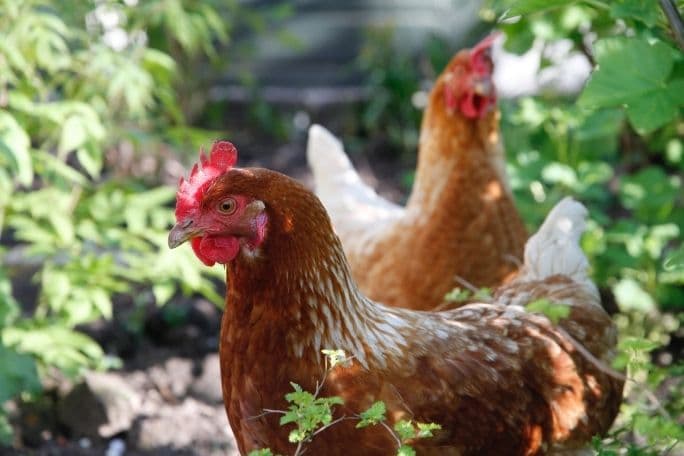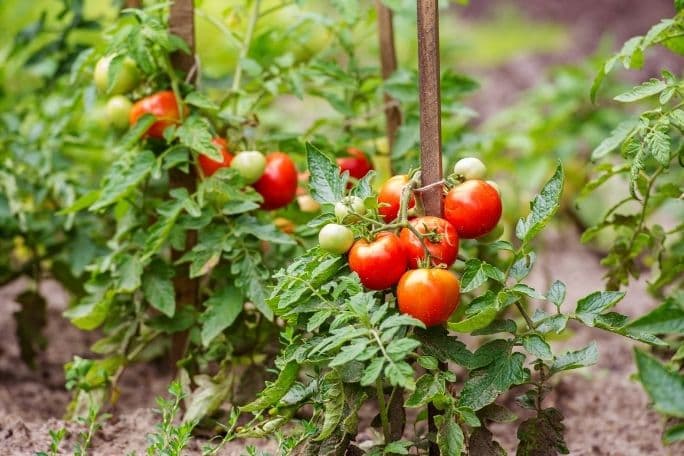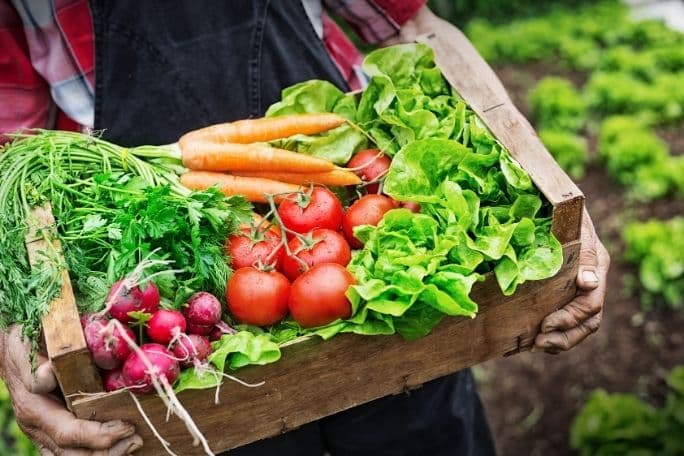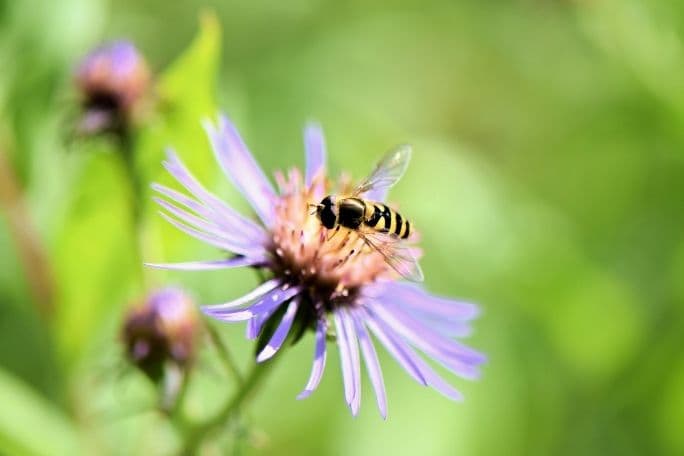
Creative Sustainability - Exploring Permaculture
Permaculture is a creative design process based on whole-systems thinking. It describes a set of agriculture and social design principles that aim to create a more sustainable society. Permaculture looks at systems that occur naturally in the environment and uses these as a starting point for creating new, designed solutions in agriculture and community. In these lessons, students will explore permaculture design, and discover ways that they can incorporate permaculture into their own designs. Students will be introduced to the ethics at the core of permaculture and examine a real-world permaculture case study from Zanzibar. Although these lessons can be taught by themselves in isolation, they also form a series of 6 lessons that can be delivered in sequence to take your students through a complete permaculture project design process.
These lessons have been created in partnership with Faber-Castell, who has long understood the importance of creativity to all people, especially to young people. It is also continuously searching for environmentally friendly processes and high-quality materials to enhance children’s creative experience throughout every development phase.
Tune In
Thought-provoking lessons featuring questions and activities designed to stimulate students' interest.
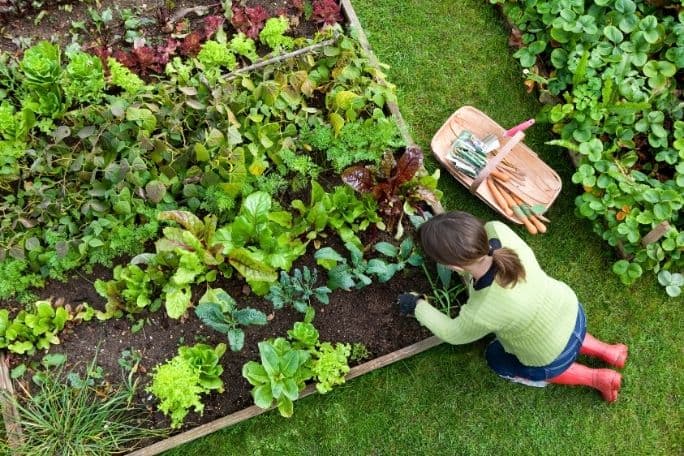
Find Out
Explicit instruction on the topic, increasing in complexity and breadth of knowledge.
